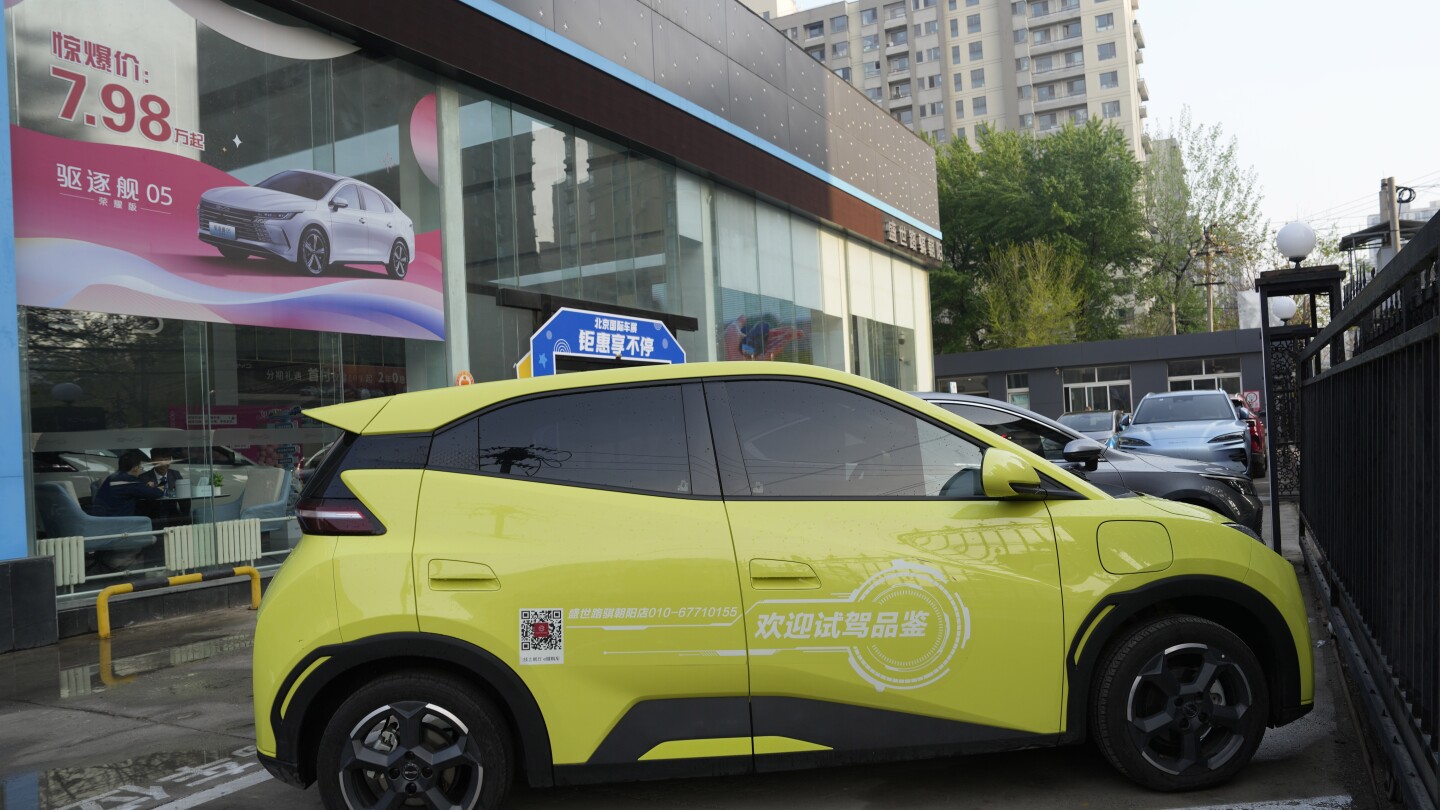- cross-posted to:
- usnews@lemy.lol
- news@lemmy.world
- cross-posted to:
- usnews@lemy.lol
- news@lemmy.world
The car [christened the Seagull], launched last year by Chinese automaker BYD, sells for around $12,000 in China, but drives well and is put together with craftsmanship that rivals U.S.-made electric vehicles that cost three times as much.
“Any car company that’s not paying attention to them as a competitor is going to be lost when they hit their market,” said Sam Fiorani, a vice president at AutoForecast Solutions near Philadelphia. “BYD’s entry into the U.S. market isn’t an if. It’s a when.”
U.S. politicians and manufacturers already see Chinese EVs as a serious threat. The Biden administration on Tuesday is expected to announce 100% tariffs on electric vehicles imported from China, saying they pose a threat to U.S. jobs and national security.
There’s no single miracle that explains how BYD can manufacture the Seagull for so little. Instead, [Caresoft Global company president Terry] Woychowski said the entire car, which can go 252 miles (405 kilometers) per charge, is “an exercise in efficiency.”
Higher U.S. labor costs are a part of the equation. BYD can keep costs down because of its expertise in making batteries — largely for consumer products — that use lithium iron phosphate chemistry. They cost less but have lower range than most current lithium-ion batteries.
BYD would have to modify its cars to meet U.S. safety standards, which are more stringent than in China. Woychowski says Caresoft hasn’t done crash tests, but he estimated that would add a couple thousand dollars to the cost.



BYD cars actually seem to be more reliable than other electric car brands, as they have slightly higher raw numbers of incidents than other companies, but sell almost 10 times as many cars as their closest competitors.
Also, gas and hybrid vehicles are up to 100 times more likely to catch fire than EVs, so even if BYD were particularly bad they’d still be safer than most vehicles in America.